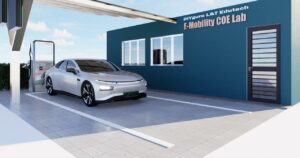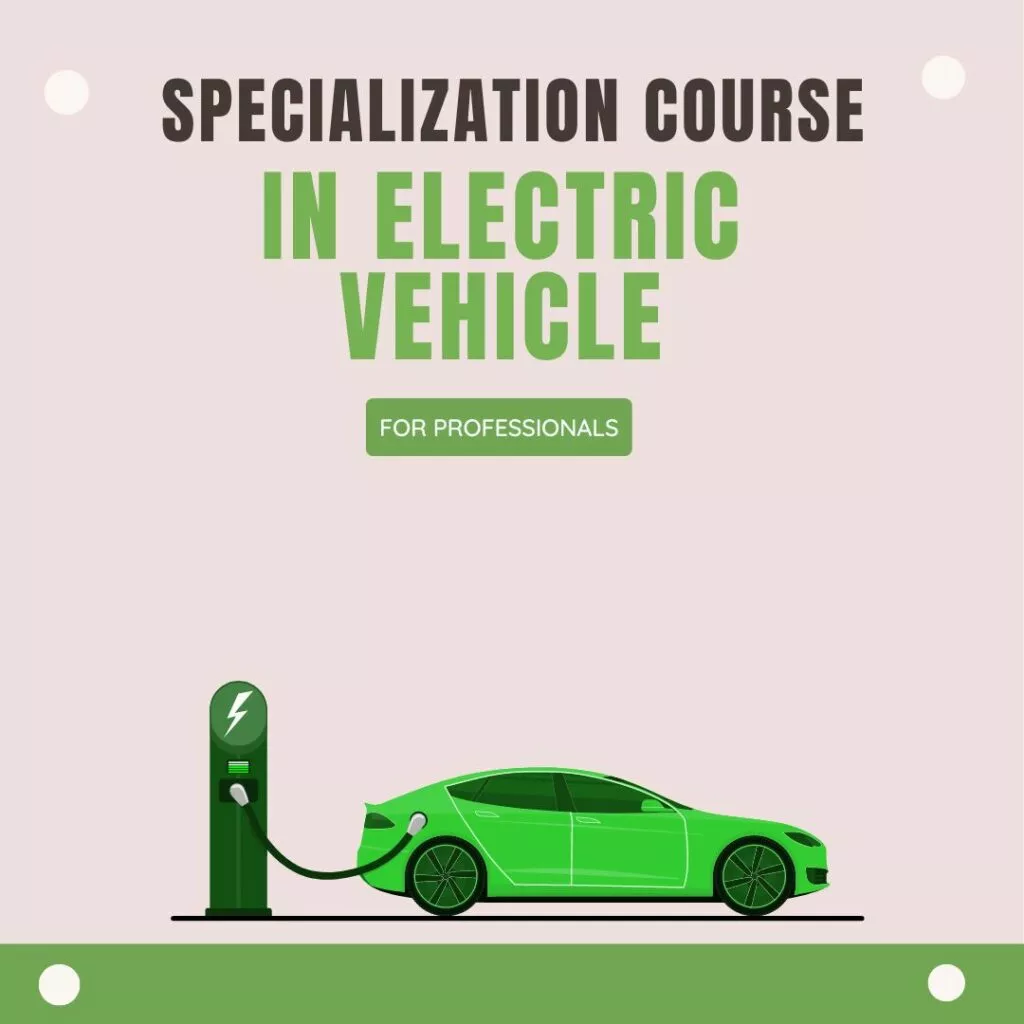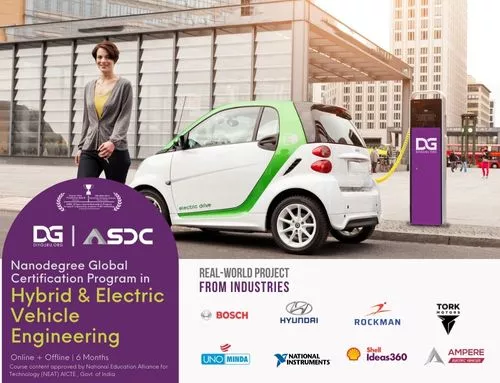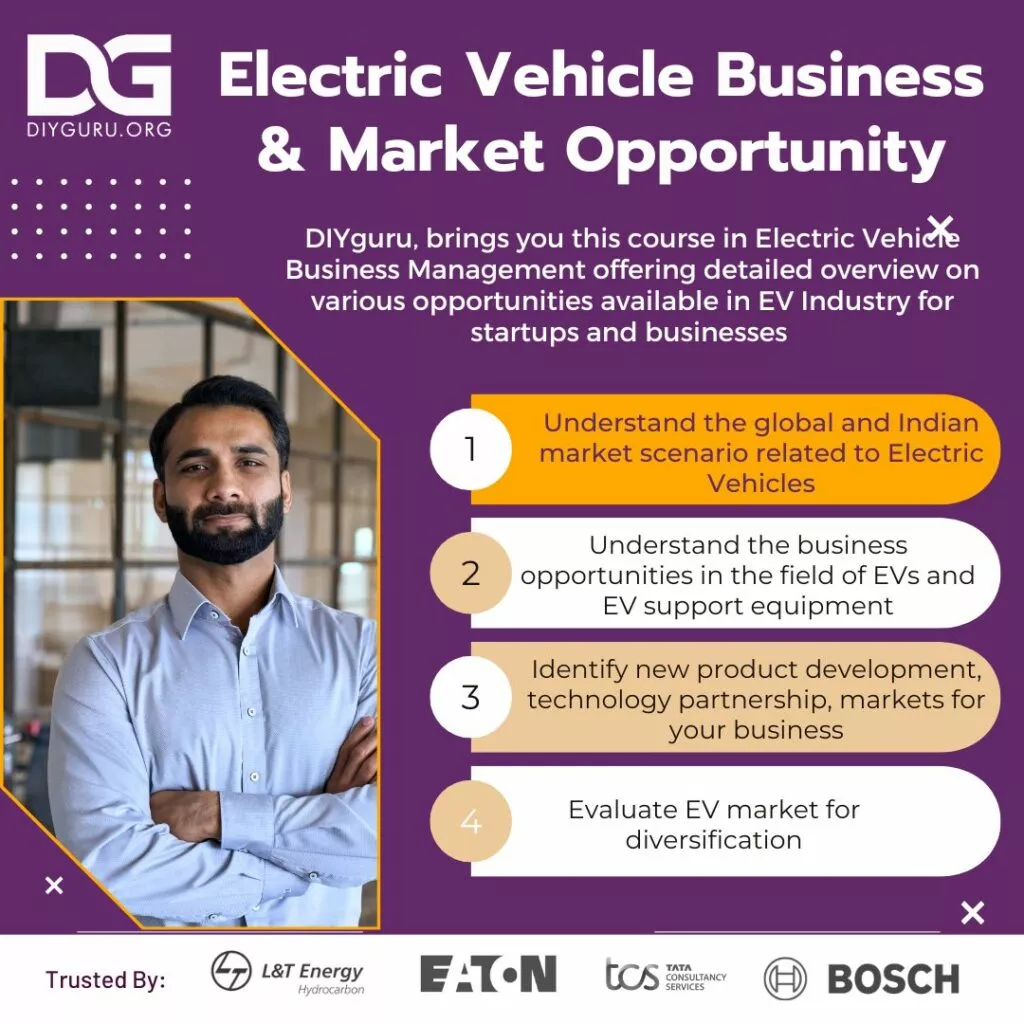Introduction:
Hybrid cars have become increasingly popular in recent years as people look for more environmentally friendly alternatives to traditional gas-powered vehicles. These cars use a combination of electricity and gasoline to power the vehicle, making them more fuel-efficient and emitting fewer emissions. In this blog post, we will explore what hybrid cars are, how they work, and their benefits.
What are Hybrid Cars?
Hybrid cars are vehicles that use a combination of electricity and gasoline to power the vehicle. They have two power sources: an electric motor and a gasoline engine. The electric motor is powered by a battery, which is recharged by the gasoline engine and through regenerative braking.
How Hybrid Cars Work?
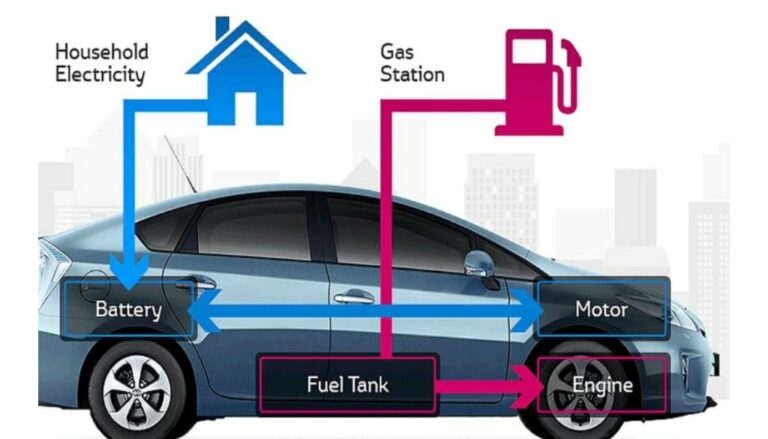
Hybrid cars work by using the electric motor and gasoline engine in tandem to power the vehicle. When the car is idling or traveling at low speeds, the electric motor powers the vehicle. When the car needs more power, such as when accelerating or traveling at high speeds, the gasoline engine kicks in to provide additional power.
The battery that powers the electric motor is recharged through regenerative braking, which converts the kinetic energy generated during braking into electricity that is stored in the battery. The gasoline engine also helps to recharge the battery when it is running.
Types of Hybrid Cars:
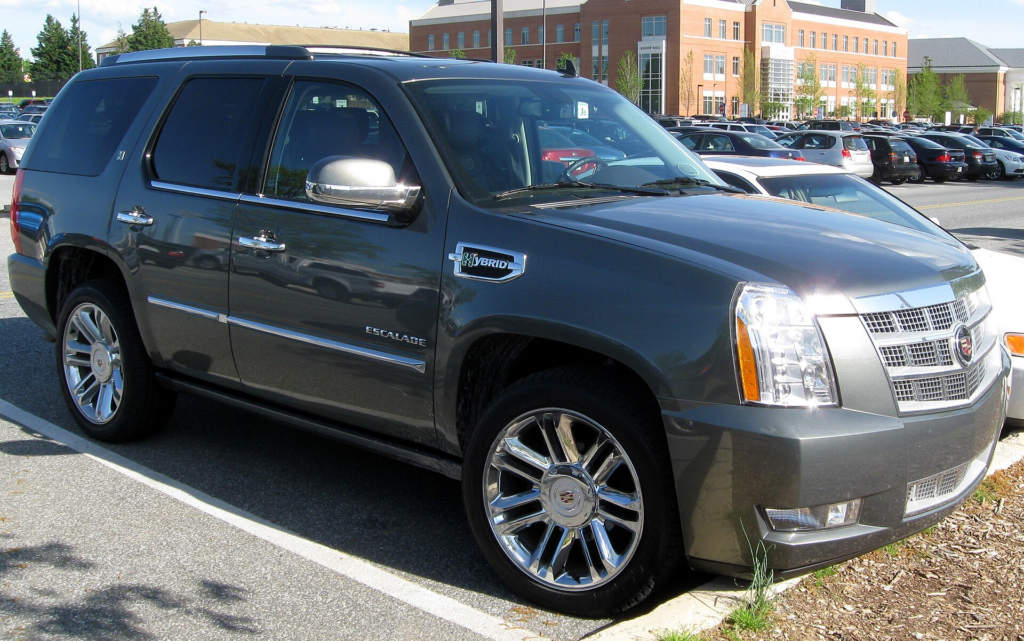
There are two main types of hybrid cars: parallel hybrids and series hybrids. Parallel hybrids use both the electric motor and gasoline engine to power the vehicle simultaneously. Series hybrids, on the other hand, use the gasoline engine to generate electricity to power the electric motor, which then powers the vehicle.
Benefits of Hybrid Cars:
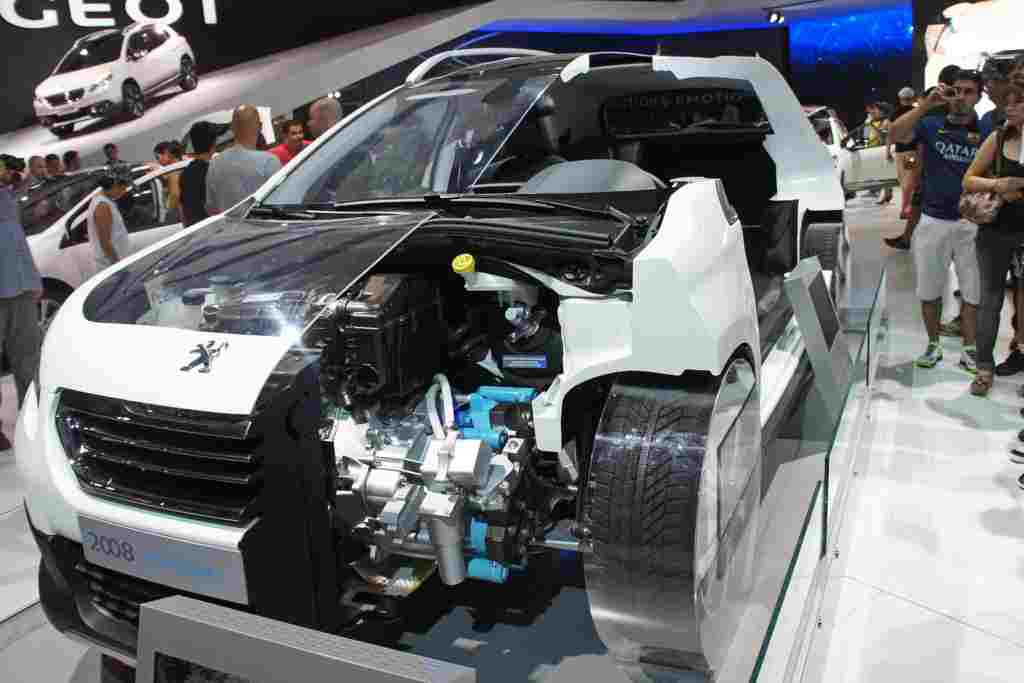
Hybrid cars offer several benefits over traditional gasoline-powered vehicles. They are more fuel-efficient, emitting fewer emissions and reducing the amount of gasoline used. This results in lower fuel costs over time.
Hybrid cars also offer a quieter and smoother ride, as the electric motor produces less noise and vibration than a traditional gasoline engine. Additionally, some hybrid cars offer a higher resale value than traditional gasoline-powered cars.
Challenges of Hybrid Cars:
While hybrid cars offer many benefits, there are also some challenges that come with owning one. One of the biggest challenges is the cost. Hybrid cars are typically more expensive than traditional gasoline-powered vehicles, as they have more components and a more complex design.
Additionally, hybrid cars require specialized maintenance and repairs, which can be more expensive than traditional vehicle maintenance. The battery in a hybrid car may also need to be replaced at some point, which can be costly.
Conclusion:
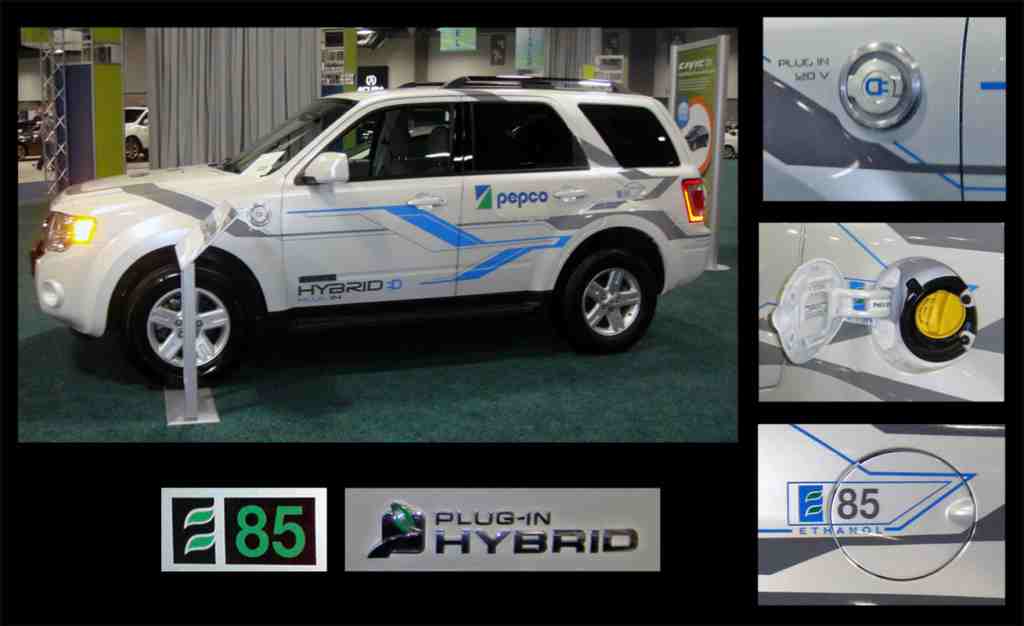
Hybrid cars are a promising solution to the environmental concerns associated with traditional gasoline-powered vehicles. They offer many benefits, including lower fuel costs, reduced emissions, and a quieter ride. However, they also come with some challenges, such as higher costs and specialized maintenance. With continued research and development, hybrid cars have the potential to revolutionize the way we think about transportation and help create a more sustainable future.
Additional Information:
If you are considering purchasing a hybrid car, it is important to do your research and choose a model that meets your needs. Some popular hybrid cars on the market include the Toyota Prius, the Honda Accord Hybrid, and the Ford Fusion Hybrid. Be sure to consider factors such as cost, fuel efficiency, and maintenance when making your decision.
FAQs:
Q1. What is a hybrid car?
Ans. A hybrid car is a vehicle that uses a combination of electricity and gasoline to power the vehicle. They have two power sources: an electric motor and a gasoline engine.
Q2. How do hybrid cars work?
Ans. Hybrid cars work by using the electric motor and gasoline engine in tandem to power the vehicle. The electric motor powers the vehicle when idling or traveling at low speeds, while the gasoline engine kicks in to provide additional power when needed.
Q3. What is regenerative braking in hybrid cars?
Ans. Regenerative braking is a system used in hybrid cars that converts the kinetic energy generated during braking into electricity that is stored in the battery.
Q4. How fuel-efficient are hybrid cars?
Ans. Hybrid cars are more fuel-efficient than traditional gasoline-powered vehicles, emitting fewer emissions and reducing the amount of gasoline used. They typically get better gas mileage than traditional cars.
Q5. Are hybrid cars more expensive than traditional gasoline-powered vehicles?
Ans. Yes, hybrid cars are typically more expensive than traditional gasoline-powered vehicles, as they have more components and a more complex design.
Q6. How long do hybrid car batteries last?
Ans. Hybrid car batteries typically last for 8 to 10 years. However, this can vary depending on the model and usage.
Q7. Do hybrid cars require specialized maintenance?
Ans. Yes, hybrid cars require specialized maintenance and repairs, which can be more expensive than traditional vehicle maintenance. It is important to find a mechanic who is experienced with hybrid cars.
Q8. How long does it take to charge a hybrid car?
Ans. Hybrid cars do not need to be charged, as the battery is recharged through regenerative braking and the gasoline engine. The battery is always being charged while the car is in use.
Q9. What are the benefits of owning a hybrid car?
Ans. Hybrid cars offer several benefits, including lower fuel costs, reduced emissions, and a quieter ride. Additionally, some hybrid cars offer a higher resale value than traditional gasoline-powered cars.
Q10. What are the challenges of owning a hybrid car?
Ans. The main challenges of owning a hybrid car are the higher cost and specialized maintenance and repairs. Additionally, the battery may need to be replaced at some point, which can be costly.








